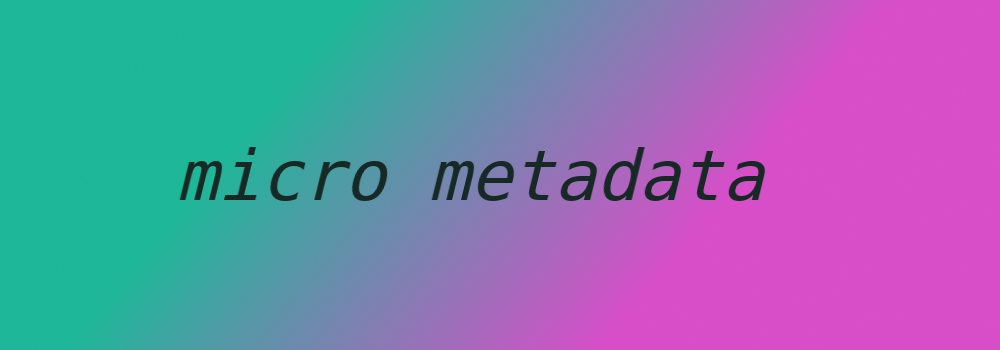uMeta generates indexes and derived data (like thumbnails). It runs alongside s3 or minio because the world already has enough filesystem abstractions. uMeta is not a fileserver.
Concepts
Micrometa (uMeta) is a tool for building and managing derivative data like exif tags, thumbnails, and search indexes.
It uses s3 or minio for storage and elasticsearch for index curation.
Its core philosophies are:
- Don't reinvent the wheel. s3, minio, and elasticsearch are already perfect.
- Data freedom first. Not all data interactions will happen through uMeta. That's OK.
- Data flexibility next. uMeta comes to your data. You don't bring your data to it.
- Low-cost abandonment. Decide you hate uMeta? You should be able to throw away your indices and move on to the next thing without complicated "export" procedures.
Alternatives
- Nextcloud. Nextcloud doesn't like when you modify things directly on disk, it's slow, and upgrades are painful and often result in a broken deployment.
- filestash.app. Filestash is rigid, and generates derived data like thumbnails on the fly. This is a waste of time and bandwidth for slow-moving data archives, particularly when there isn't a fat pipe between the filestash deployment and your data. It also provides yet another abstraction over already abstract filesystems. Search is buggy.
Environment Config
| variable | default | description |
|---|---|---|
| CONFIG_PATH | 'config/umeta.config.json' | path to configuration file |
| DATABASE_URI | 'sqlite:///test.db' | postgres database URI |
